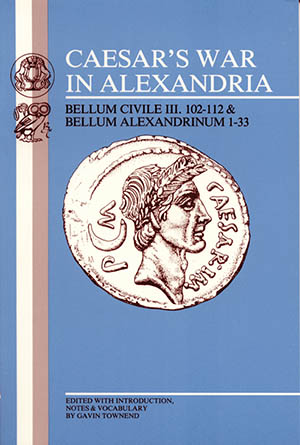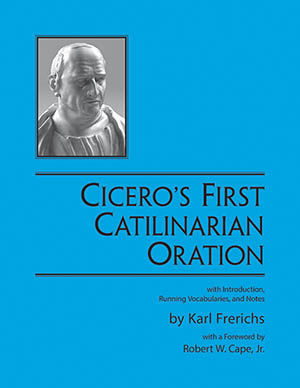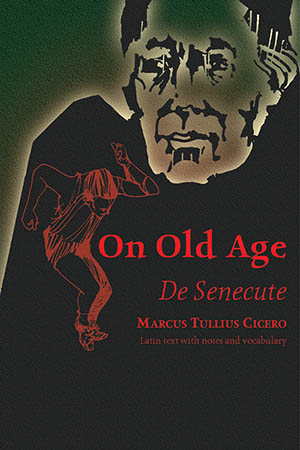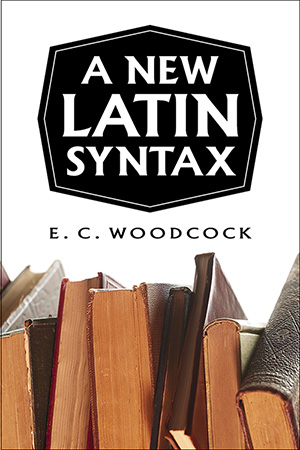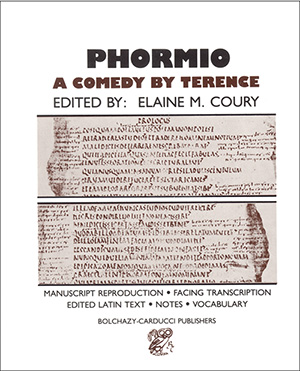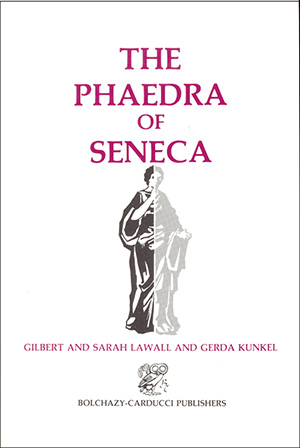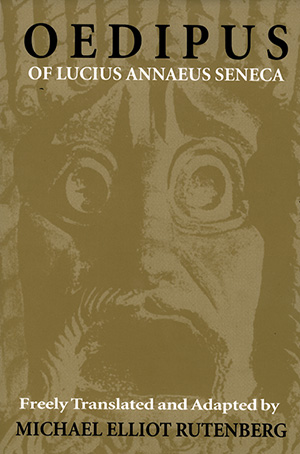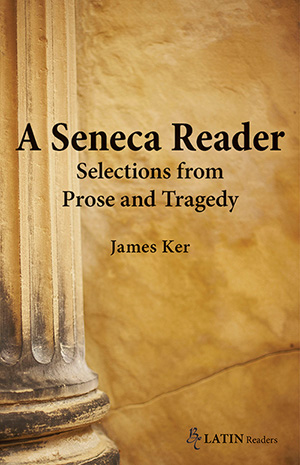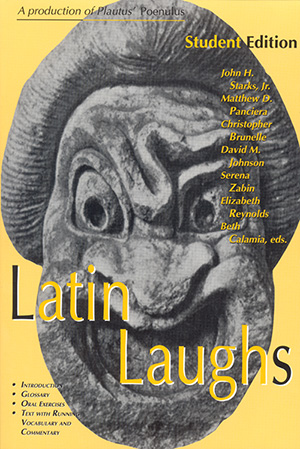Seneca's Moral Epistles offers an intriguing selection in unadapted Latin of 40 letters of Seneca on philosophical and practical topics ranging from the lofty ("On Integrating Knowledge" and "God Within You") to the nitty-gritty: debauchery at resort baths ("Baiae and Vice") and the woes of over-training ("Against Strenuous Physical Exercise").
These letters provide a fascinating glimpse into the daily life of Rome in the Empire and one man's contemplation of it. Seneca's is a Roman voice not often heard: he condemns slavery, and denounces the gladiatorial combats and the excesses for which the Roman Empire became notorious. Living in an era of corruption and tyranny, Seneca came forth as a "physician of souls," eager to impart ethical and moral precepts that would enable his fellow men to overcome their weaknesses and attain true happiness, and offer significant ethical concepts to St. Paul.
Seneca's Moral Epistles is an excellent introduction to Seneca's stoic moral and practical philosophy for intermediate and advanced students of Latin. This redesigned reprint of the 1985 Scholar's Press edition is an attractive, affordable, and user-friendly edition.
Special Features
- Introduction on Seneca's life and work, philosophy, style
- Chronologies: historical and of Seneca's extant works
- Selected bibliography
- Unadapted Latin text of 40 Senecan letters with facing-page notes
- Vocabulary

Fascinating studies of Roman daily life from one of its harshest and most insightful critics.


